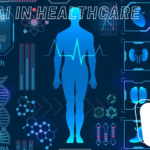artificial intelligence / AI for Mental Health / artificial intelligence for Mental Health
Table of Contents
Introduction
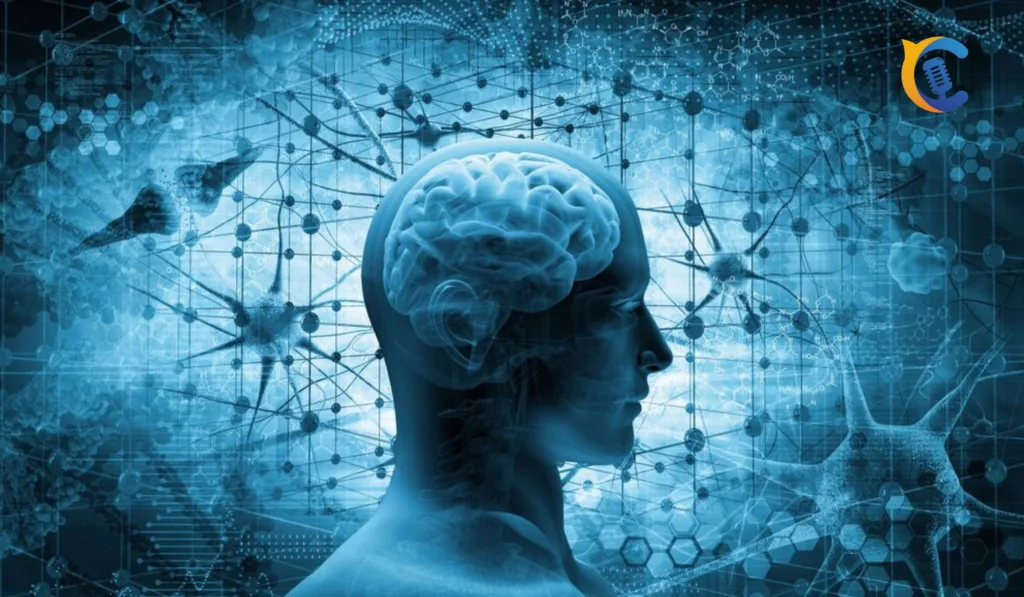
In recent times, artificial intelligence (AI) has shown great potential in various domains, and one such area where it can make a significant impact is mental health. With the increasing prevalence of mental health disorders and the need for accessible and effective treatments, researchers are exploring AI as a valuable tool to support mental health diagnosis and treatment. This blog delves into the fascinating applications of AI in sentiment analysis, emotion recognition, and AI-based therapy bots, explaining their significance and potential impact on mental health care.
The Rising Mental Health Crisis
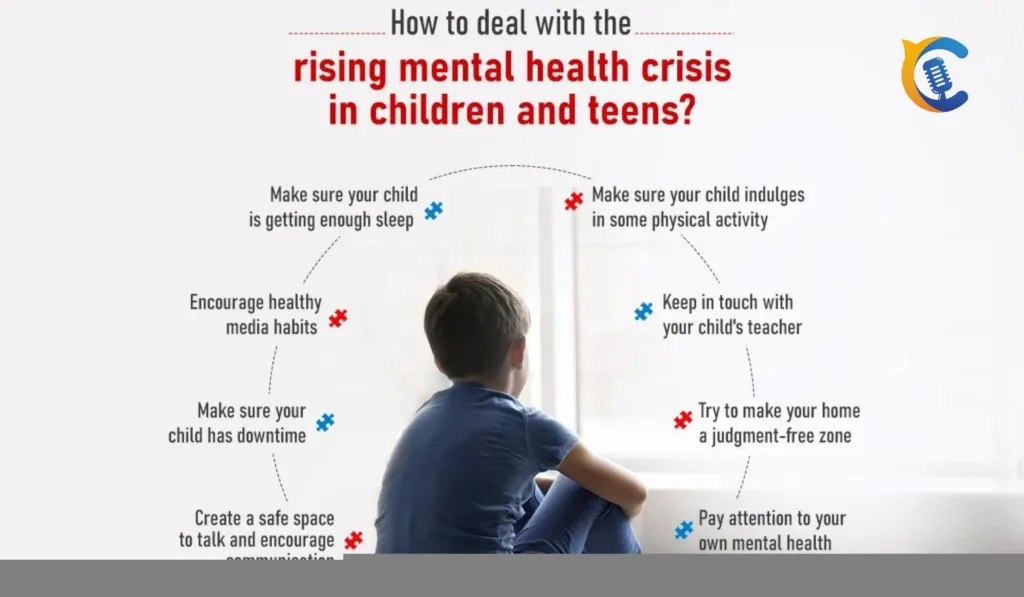
Mental health disorders have become a pressing global public health concern, affecting people from diverse backgrounds and age groups. According to the World Health Organization (WHO), approximately one in four individuals worldwide experiences mental health issues. The recent pandemic has further exacerbated this crisis, leading to heightened stress, anxiety, and depression across populations.
Unfortunately, the demand for mental health services far exceeds the available resources and mental health professionals. This highlights the urgent need for scalable and cost-effective solutions, and AI emerges as a promising candidate to address this challenge and support individuals struggling with mental health issues.
Sentiment Analysis in Mental Health

Sentiment analysis, a branch of natural language processing (NLP), involves discerning emotions and sentiments expressed in written or spoken language. In the context of mental health, AI-powered sentiment analysis tools can analyze extensive sets of text data, such as social media posts, online forums, diaries, etc., to gain insights into users’ emotions and mental states. The application of sentiment analysis offers several valuable advantages:
- Early Detection: By detecting early signs of mental health issues, sentiment analysis enables timely interventions and preventive measures. Identifying patterns of negative emotions or distress can alert caregivers and mental health professionals to provide timely support.
- Understanding Public Sentiment: Analyzing online conversations and public sentiment about mental health topics can help authorities design better mental health policies and strategies based on real-time needs and concerns of the population.
- Supportive Communities: Sentiment analysis can facilitate the creation of online support communities where individuals can connect with others who share similar experiences, fostering a sense of belonging and reducing feelings of isolation.
Emotional Recognition and Mental Health

Emotion recognition is another promising AI application in mental health care. By analyzing facial expressions and voice tone, AI systems can accurately identify emotions like happiness, sadness, anger, and anxiety. The significance of emotion recognition lies in the following aspects:
- Objective Assessment: Emotion recognition complements traditional methods of mental health assessment by providing objective data on a person’s emotional state. This information can assist mental health professionals in creating personalized treatment plans.
- Virtual Therapeutic Support: AI-driven emotion recognition can be integrated into virtual therapy sessions, allowing AI therapists to adapt their approach in real-time based on a patient’s emotional responses, thereby enhancing the therapeutic experience.
- Monitoring Progress: For individuals undergoing mental health treatment, AI-based emotion recognition can track emotional changes over time, providing valuable insights into the effectiveness of therapeutic interventions.
AI-Based Therapy Bots
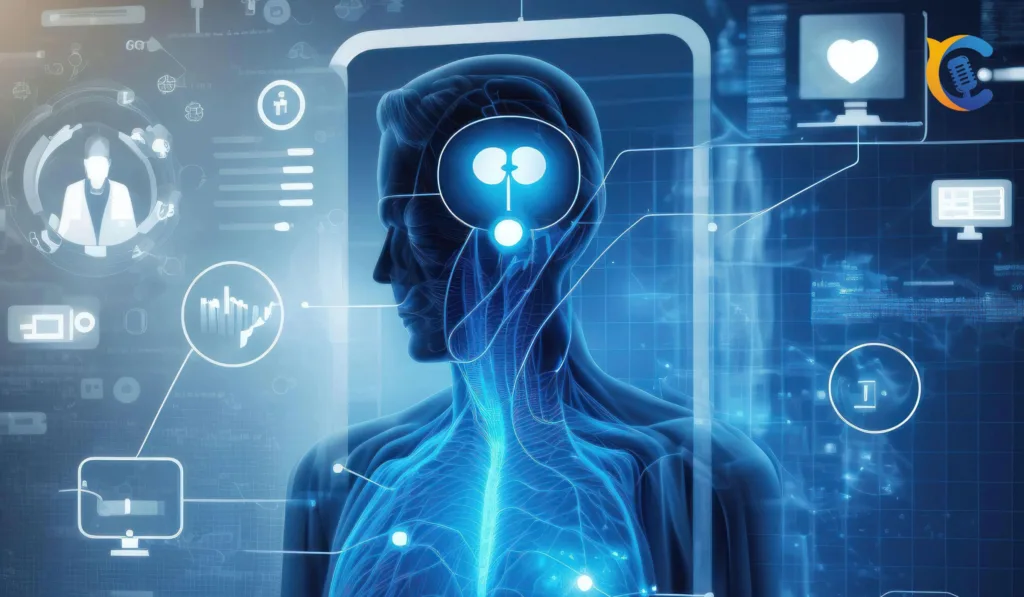
AI-powered therapy bots represent a revolutionary application of AI in mental health care. These interactive digital tools use advanced algorithms to simulate human-like conversations and provide personalized support to users. The advantages of AI-based therapy bots include:
- Accessibility and Convenience: Therapy bots offer 24/7 accessibility, eliminating the need to wait for appointments or travel to physical locations. This level of convenience can be especially beneficial for those in remote areas or with limited mobility.
- Reduced Stigma: Some individuals may hesitate to seek traditional therapy due to the stigma surrounding mental health. AI-based therapy bots provide a more private and less intimidating way to seek help.
- Continuity of Care: Therapy bots can supplement traditional therapy, providing consistent support between sessions and helping users stay on track with their treatment plans.
- Scalability: With AI, therapy bots can handle an unlimited number of users simultaneously, making mental health support available to a vast number of people in need.
Ethical Considerations and Challenges
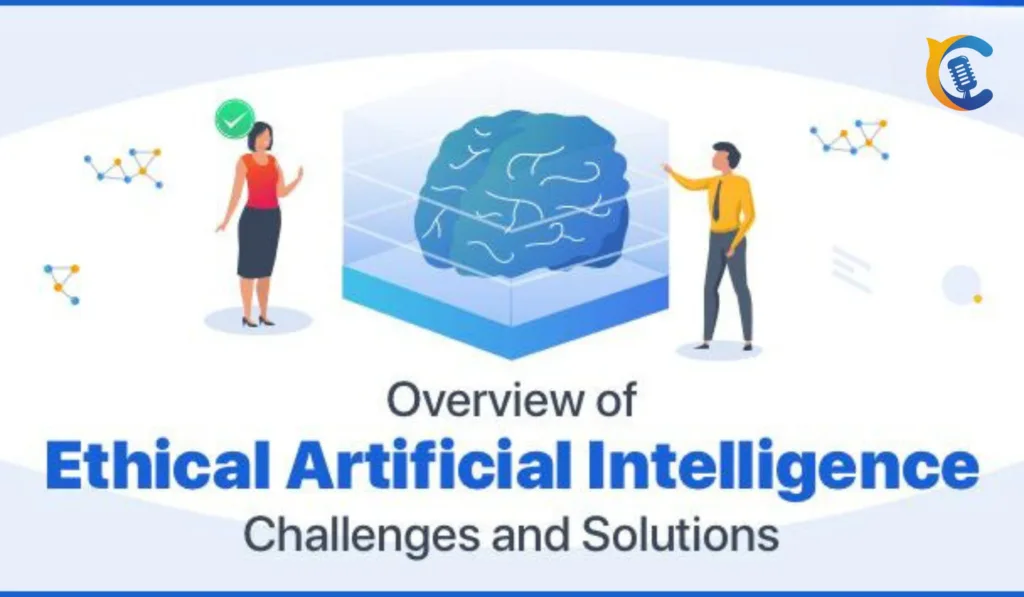
While AI brings immense promise to the field of mental health care, it also raises ethical considerations and challenges that must be carefully addressed. Some of these include:
- Data Privacy and Security: AI systems rely on vast amounts of sensitive personal data to provide accurate assessments and personalized support. Ensuring the privacy and security of this data is paramount to build trust between users and AI-powered platforms.
- Algorithm Bias: AI models are only as good as the data they are trained on. If the training data contains biases, the AI system can perpetuate and amplify these biases. In the context of mental health, this can lead to inaccurate diagnoses or treatments that may be culturally inappropriate or discriminatory.
- Accountability and Transparency: AI algorithms can be highly complex, making it challenging to understand their decision-making processes. Ensuring transparency in AI systems’ functioning is crucial to hold them accountable for their outcomes.
- Overreliance on AI: While AI can augment mental health care, it should not replace human interaction entirely. The human touch, empathy, and emotional connection that mental health professionals provide are vital elements of the therapeutic process.
- Inclusivity and Accessibility: Implementing AI solutions for mental health should consider inclusivity and accessibility for all individuals, including those with disabilities or language barriers.
Combining Human Expertise with AI

To harness the full potential of AI in mental health, it is essential to integrate AI-powered tools into existing mental health care systems effectively. Rather than replacing human therapists or clinicians, AI should be seen as a valuable tool to enhance their capabilities. Human expertise is still critical in interpreting complex emotions, understanding unique individual circumstances, and providing personalized care.
By combining the strengths of AI and human expertise, mental health professionals can leverage AI’s capabilities to:
- Augment Diagnoses: AI-driven sentiment analysis and emotion recognition can assist mental health professionals in making more accurate and timely diagnoses, leading to better treatment outcomes.
- Tailor Treatment Plans: AI-generated insights can be used to tailor personalized treatment plans, taking into account an individual’s emotional responses and progress over time.
- Provide Continuous Support: AI-based therapy bots can offer consistent support between therapy sessions, ensuring that individuals have access to assistance whenever they need it.
- Reach Underserved Populations: AI can help bridge the gap between mental health care supply and demand, reaching underserved populations and providing support in areas with limited access to mental health services.
AI for Mental Health: key facts
- AI aids in mental health diagnosis & treatment: Utilized for sentiment analysis, emotion recognition, and AI-based therapy bots.
- AI bolsters mental health support: Sentiment analysis, emotion recognition, & therapy bots implemented.
- Emotion AI enhances mental health care: Supports diagnosis & treatment via therapy bots.
- AI-driven therapy bots for mental health: Analyzing sentiments & recognizing emotions.
- Sentiment analysis in mental health: AI assists diagnosis & AI-based therapy.
- AI’s role in mental health treatment: Emotion recognition & therapy bots integrated.
- Emotion AI advances mental health support: Diagnosis & therapy via AI-based bots.
- Therapy bots empowered by AI: Aiding mental health with sentiment analysis.
- AI-based emotional analysis for mental health: Enabling effective therapy bots.
- AI applications for mental health: Emotion recognition & sentiment analysis used in therapy.
AI for Mental Health: Conclusion
AI is undeniably revolutionizing the field of mental health care by offering innovative solutions in sentiment analysis, emotion recognition, and AI-based therapy bots. Through early detection, objective assessment, and continuous support, AI holds the potential to enhance mental health diagnosis and treatment.
However, as we embrace AI in mental health care, it is crucial to address ethical considerations, ensure data privacy, and maintain transparency in AI algorithms. Balancing AI-driven interventions with human expertise will be vital in providing comprehensive and compassionate mental health support.
Read More: artificial intelligence / AI for Mental Health / artificial intelligence for Mental Health












